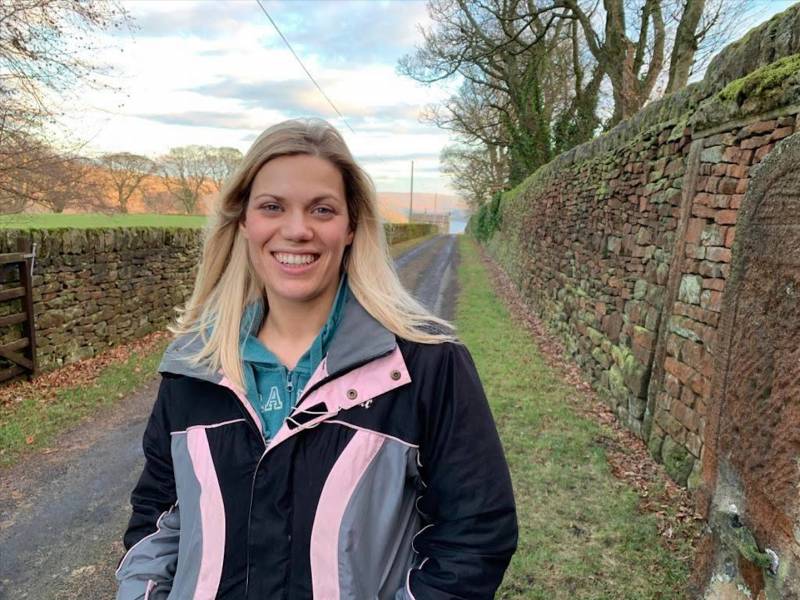WATER companies dumping raw sewage into Britain’s waters will face tougher sanctions, after a decision – backed by a Barnsley MP – not to introduce such measures sparked a huge backlash and a government U-turn.
Miriam Cates, MP for Penistone and Stocksbridge, has defended her party’s decision to block an amendment to the Environment Bill – similar to one the government later reintroduced – to place statutory duties on firms to secure a
‘progressive reduction’ in sewage discharged from storm overflows.
Overflows are designed to release excess waste water from heavy rainfall, so that sewage doesn’t back up into people’s streets and homes, with companies typically allowed to release a certain amount.
Last year, according to the Environment Agency, untreated effluent was released into waterways for more than three million hours.
Despite climate change meaning greater rainfall, and water infrastructure seeing more use as a result, sewerage has not developed in line with this or with population growth.
Miriam – one of 268 MPs who voted against the Lords amendment last week – said the government’s own amendment, announced on Tuesday, was ‘practical and affordable’ unlike the one she voted against.
“This vote is another example of the law of unintended consequences,” she said.
“I of course agree that sewage should not be entering rivers and streams, and that this problem has been left unaddressed for far too long.
“However, despite its good intentions, the amendment from the House of Lords had critical flaws that would only have made the existing problem even worse.
“At the moment the only alternative at times of heavy rain would be to pump excess sewage onto the streets and into people’s homes.
“That is not something I was prepared to vote for.”
The amendment will see water companies tasked with producing comprehensive 25-year management plans which cover storm overflows, duties on companies and the Environment Agency to monitor and publish data, and a new duty on the government to reduce discharges from storm overflows and to publish a report on the matter by next September.
The government will bring the amendment forward the next time the bill enters the Commons.
Miriam added: “I want to see an end to sewage entering our waterways, and the government is making sure that the Environment Bill forces the water companies to start reducing the use of storm overflows immediately and to come up with an achievable and fully costed plan to resolve this issue fully within a year.
“The amendment that I voted against had the same aim, but no plan to actually achieve this and no way to pay for it.
“This would have left taxpayers and consumers to pick up a bill of at least £150bn – more than our entire education, police, and defence budgets combined.
“This is an incredibly complex problem that requires a genuine effort to solve it.
“The government’s plan, which I voted for, will do this in a way that is practical and affordable.
“That is the responsible way to stop sewage from entering our rivers and avoid it being pumped onto residential streets instead.”
















